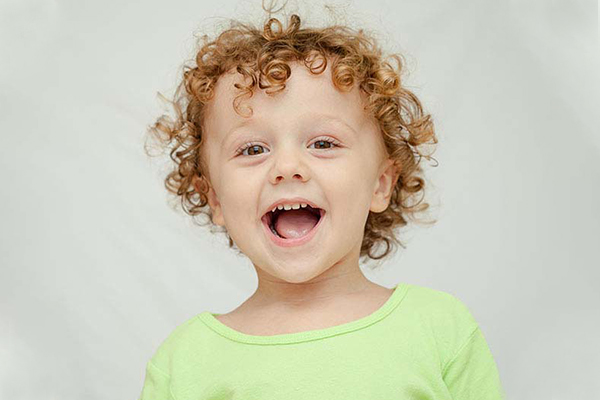Parent Guide to Infant Cavities From a Pediatric Dentist

As soon as your child gets a tooth, it is good to take the child to see a pediatric dentist. Even one tooth is at risk of getting a cavity. The good news is that there are ways of preventing cavities in babies. Read on to learn more.
Caring for babies’ teeth
Even before a baby’s first tooth comes through, a parent should be providing oral care. A baby’s teeth start to form in the mother’s second trimester. When the baby is born, they already have 20 primary, or baby, teeth. Some of these teeth are fully formed but have not yet broken through.
Before the baby’s teeth come through, parents should gently move a damp washcloth over the baby’s gums. This can remove bacteria from the mouth. This should be done after every feeding, if possible. When the teeth come in, parents should brush the teeth using a toothbrush for infants. Parents can use fluoride toothpaste, but only a piece the size of a grain of rice. This can prevent the baby from swallowing any.
As soon as a baby has two touching teeth, parents should floss them. Once a baby is two, the child should spit after brushing the teeth. However, children should not yet have water to swish in the mouth. This makes it more likely that they will swallow the toothpaste.
Infants and cavities
Babies are very susceptible to tooth decay. According to the American Academy of Pediatric Dentists, tooth decay is one of the most common childhood conditions. When a baby goes to sleep with a bottle, the teeth can quickly decay. Formula, milk and juice all contain sugars that can stay on the teeth. This can cause the enamel to decay.
This condition is known as baby bottle tooth decay. The front teeth can become pocked, discolored or pitted. A baby is more susceptible to cavities when this has happened. Sometimes, these teeth will need to be extracted. A simple solution is for parents to brush the baby’s teeth after meals. Babies should not have beverages after the teeth have been brushed for the night.
Once a child is about six months old, the child can use a cup with a straw. Sometimes, this is known as a sippy cup. Using this type of cup will make it less likely for a liquid to remain around the child’s teeth. The child will be sitting up to drink instead of laying back. When a child is a year old, the child will be able to manage the bottle by themselves.
Visit a pediatric dentist today
A child’s first visit to the pediatric dentist should happen when the children are six months old. This is when the teeth begin to erupt. A pediatric dentist can check the teeth to see that they are healthy. You can also learn the right way to care for your child’s teeth by watching the pediatric dentist clean the baby’s teeth.
Request an appointment here: https://www.canyonridgepediatricdentistry.com or call Canyon Ridge Pediatric Dentistry at (303) 841-7900 for an appointment in our Parker office.
Check out what others are saying about our services on Yelp: Read our Yelp reviews.
Related Posts
A kids dentist will routinely order dental X-rays for patients. For many patients, young and old, dental X-rays are not necessary at every visit. They can reveal key information about your child's oral health, as well as the development of the jaw. A kids dentist can use these X-rays to address various oral health concerns…
Kids dentists are pediatric dentists dedicated to providing foundational oral care to children. Some will see children as young as 12 months up to teenagers. We understand children may be a bit anxious about their first dental appointment. However, there are steps parents can take to help ease their child into a dental care routine…
Choosing a kids dentist is an important decision for parents. This dentist will impact the child's dental health for years to come. Both family and pediatric dentists are well suited to treat kids, but which is right for your child? Here are some important things to consider when choosing a kids dentist.A family dentist is…
Finding the right kids dentist is one of the most important decisions you can make for your child's health. This dental professional ensures they have a healthy smile while creating a positive experience that can set the tone for future dental visits. Here are some essential tips to help you choose the right kids dentist…
